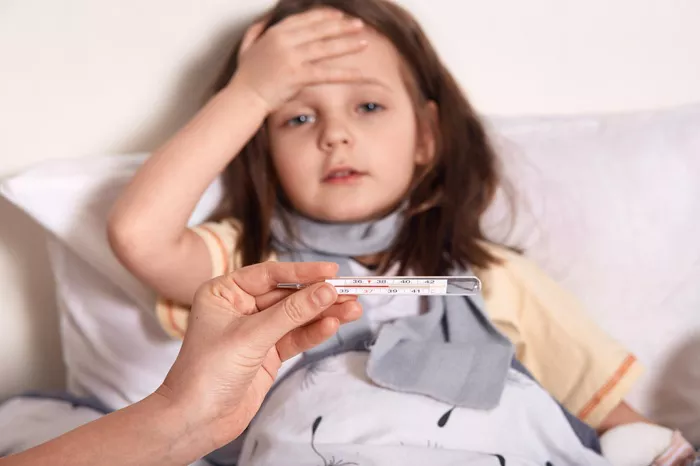The Centers for Disease Control and Prevention (CDC) has issued an urgent health alert as dengue fever cases rise sharply across the Americas. With over 760,000 infections reported this year—a 15% increase compared to the past five years—health officials are urging travelers to take precautions, especially in popular destinations like Puerto Rico and the U.S. Virgin Islands.
Dengue Hotspots in U.S. Territories and States
Puerto Rico has been under a public health emergency since March 2024, reporting 936 cases so far in 2025—more than double last year’s numbers. The U.S. Virgin Islands have also seen a rise, with 30 confirmed cases. In the continental U.S., Florida leads with 45 infections, followed by California (10) and New York (6).
Why Dengue Is a Growing Threat
Dengue fever, spread by infected mosquitoes, thrives in tropical climates. Increased travel to warm destinations during spring and summer has contributed to the surge, according to Dr. Rebecca Schein, an infectious disease specialist at Michigan State University. The disease can cause severe illness, and in rare cases, death.
Recognizing Dengue Symptoms
While only one in four infected individuals show symptoms, those who do may experience high fever, intense joint and muscle pain (earning dengue the nickname “breakbone fever”), nausea, vomiting, and rashes. Severe cases, affecting about 5% of patients, can lead to internal bleeding, shock, and organ failure. High-risk groups include infants, pregnant women, older adults, and those with weakened immune systems.
No Cure—But Prevention Is Key
There is no specific treatment for dengue, so medical care focuses on symptom relief: rest, hydration, and pain management with acetaminophen (avoiding aspirin or ibuprofen, which can worsen bleeding). The CDC emphasizes mosquito bite prevention, recommending EPA-approved repellents, protective clothing, and permethrin-treated gear. Travelers should remain vigilant for three weeks after returning home, as infected individuals can spread the virus to local mosquitoes.
A Vaccine Exists—But With Limitations
A dengue vaccine is available, but only for children aged 9 to 16 who have previously had the virus and live in high-risk areas. For most travelers, avoiding mosquito bites remains the best defense.
Stay Informed, Stay Safe
Health experts stress that the CDC’s warning isn’t meant to discourage travel—only to encourage awareness. “We should all explore and enjoy new places, but knowledge is the best tool for prevention,” says Dr. Ana Maria Bensaci, an infectious disease physician. With the right precautions, travelers can reduce their risk and stay safe during this outbreak.
Related topics:
- Dengue Fever Emerges In Los Angeles As Global Warming Fuels Health Threats
- Teen In Missouri Left Paralyzed After Severe West Nile Virus Infection From Mosquito Bite
- Mosquito-Borne Virus Threatens US Towns, Prompts Park Closures


